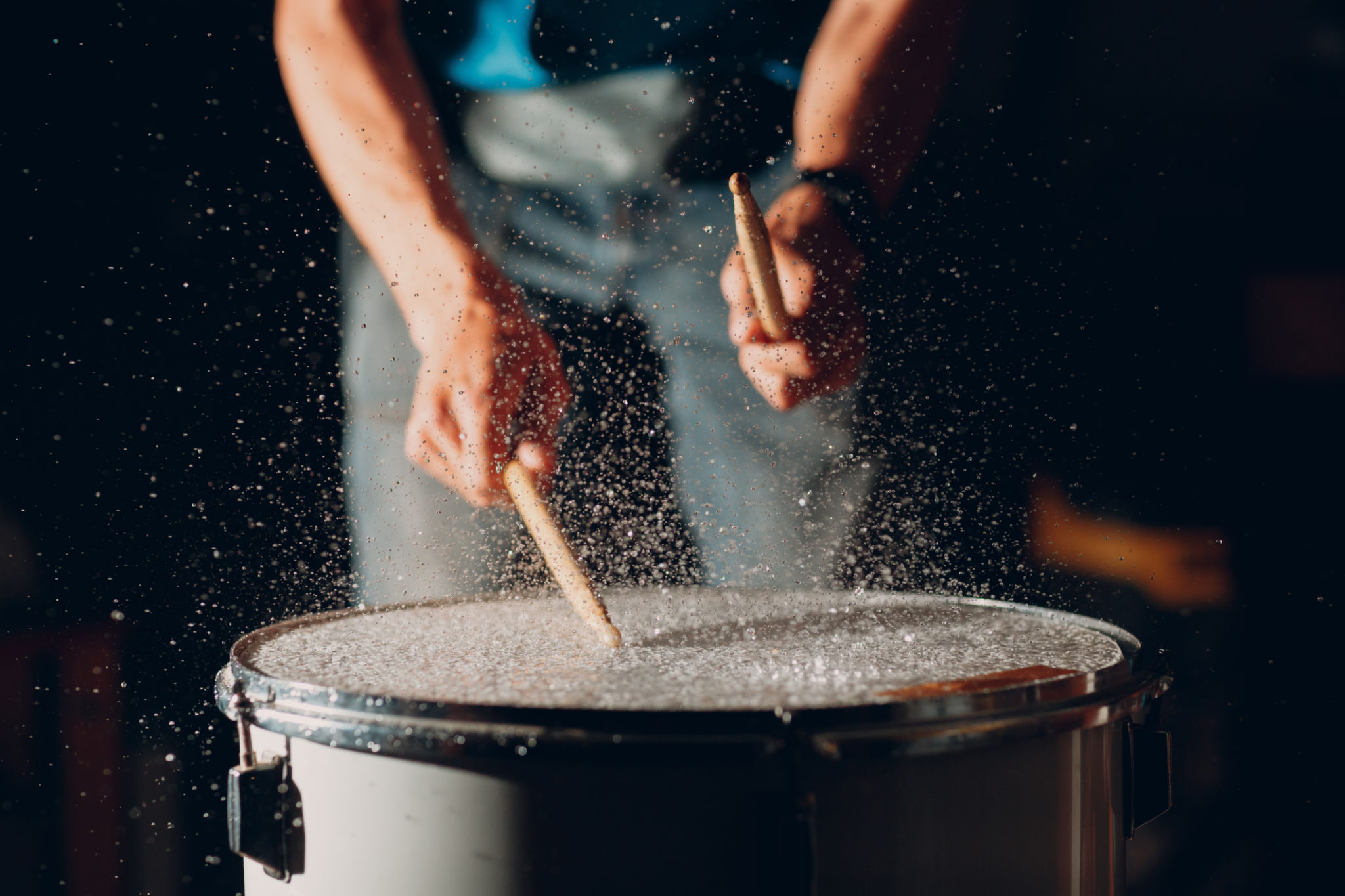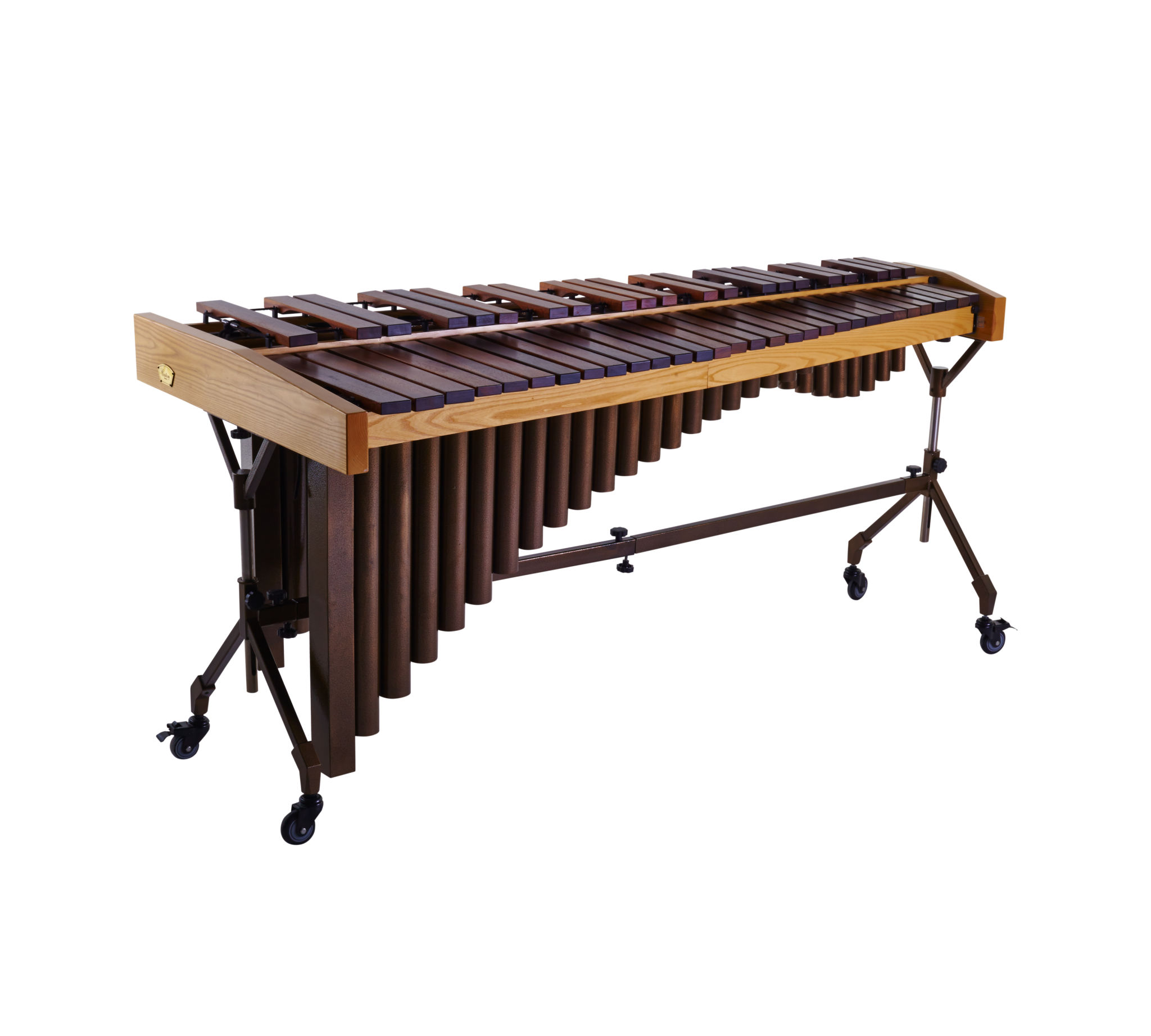Exploring the World of Percussion: From Beginner to Advanced
Understanding Percussion Instruments
The world of percussion is vast and diverse, offering a wide range of instruments that are crucial to many musical genres. Whether you're drawn to the rhythmic pulse of a drum or the melodic chime of a xylophone, percussion instruments provide an exciting entry point into music.

For beginners, percussion instruments can be incredibly accessible. Many percussion instruments do not require formal musical training to start playing. This accessibility makes them perfect for anyone looking to explore music without committing to extensive lessons right away.
The Basics: Starting with Drums
Drums are often the first percussion instrument people encounter. From the classic drum kit to hand drums like the djembe, these instruments are central to many music styles. Beginners can start with basic rhythm patterns, gradually increasing complexity as they improve their skills.

Learning drums involves understanding rhythm, timing, and coordination. Many beginners find online tutorials and classes helpful in mastering these skills. Additionally, practicing with a metronome can be beneficial for maintaining steady timing.
Exploring Other Percussion Instruments
Beyond drums, there are numerous other percussion instruments to explore. Instruments like the marimba, vibraphone, and glockenspiel offer melodic capabilities, adding a unique flavor to musical compositions.
Each instrument has its own techniques and nuances. For instance, playing a marimba involves striking the bars with mallets while controlling the resonance and dynamics. Exploring these instruments can greatly expand your musical repertoire.

Advancing Your Skills
Once you've mastered the basics of one or more percussion instruments, you may want to advance your skills further. This could involve more complex rhythms, compositions, or even exploring world percussion instruments like the tabla or congas.
Joining a band or ensemble is one of the best ways to enhance your skills. Playing with other musicians allows you to experience different styles and genres, challenging you to adapt and grow as a percussionist.

Recording and Performing
As you progress from beginner to advanced levels, consider recording your performances. Listening to recordings can provide valuable feedback on your timing, rhythm, and overall performance. It's an excellent tool for self-improvement.
Performing live is another crucial step in advancing your skills. It helps build confidence and stage presence while allowing you to showcase your abilities to an audience. Many musicians find performing live both exhilarating and rewarding.
Conclusion: A Lifelong Musical Journey
Exploring the world of percussion is a journey that offers endless opportunities for creativity and expression. Whether you are just starting or have been playing for years, there's always something new to learn and discover in this exciting musical realm.
With dedication and practice, anyone can master percussion instruments and enjoy the rich world of rhythm and melody they offer. Embrace the challenge and enjoy the journey!
